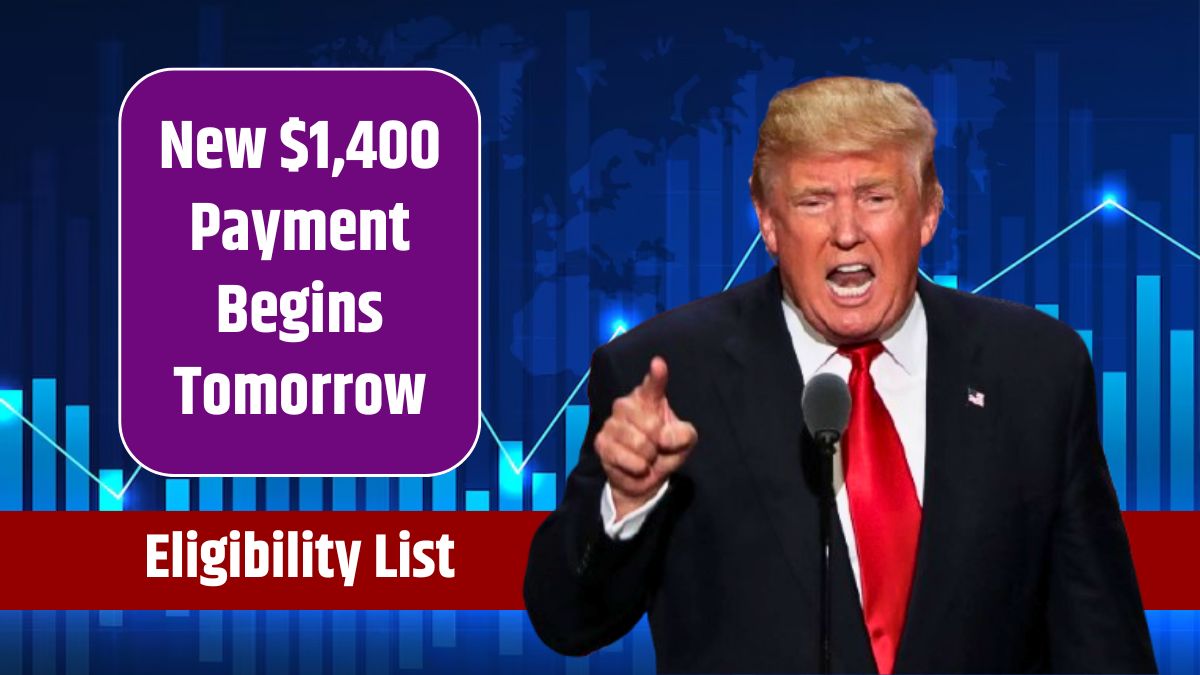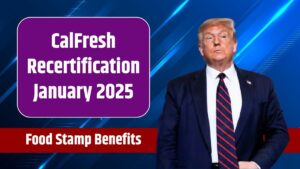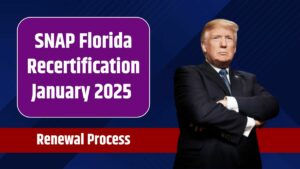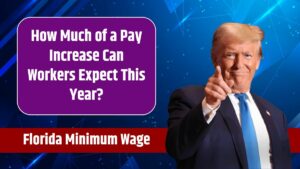The new year may bring financial relief to some taxpayers while reshaping economic policies under the Trump administration. If you’re feeling the strain of holiday expenses, here’s good news: the IRS is sending out payments of up to $1,400 to nearly one million taxpayers who missed out on prior benefits. At the same time, significant economic shifts are on the horizon, promising a year of change and opportunity.
Payments
The IRS is disbursing approximately $2.4 billion in payments to taxpayers who failed to claim the Recovery Rebate Credit on their 2021 tax returns. These payments are designed to address shortfalls for those who:
- Missed a COVID stimulus payment.
- Received less than the full amount of their eligible stimulus payment.
Who Qualifies?
To qualify, you must have filed a 2021 tax return but either left the Recovery Rebate Credit field blank or mistakenly reported $0. The IRS has identified eligible individuals and will notify them via letter. Payments will be issued automatically as a direct deposit or mailed as a check.
Missed Filing?
If you didn’t file a 2021 tax return, you might still qualify by filing and claiming the Recovery Rebate Credit before the April 15, 2025 deadline. This applies even if your income was low or non-existent during that year.
Economic Policy Shifts
With the incoming Trump administration, several key economic changes are expected, focusing on Social Security, trade policies, and tax reforms.
Social Security Reforms
The sustainability of Social Security has been a long-standing concern, especially as the population ages. Lawmakers are considering reforms such as:
- Raising the retirement age to extend program viability.
- Adjusting benefits to support lower-income earners and those with irregular career paths.
The proposed Fairness Act seeks to ensure a more equitable distribution of Social Security benefits, particularly for vulnerable workers.
Trade and Tariffs
The administration is likely to continue implementing tariffs, particularly targeting trade with China and other major global partners. While these measures aim to support domestic industries, they could lead to increased costs for consumers and businesses.
Tax Cuts and Deregulation
In line with its fiscal strategy, the Trump administration plans to introduce tax cuts and ease regulations. While this could stimulate economic growth, it may also increase the federal deficit.
Future Stimulus Payments
Discussions are underway about possible changes to future stimulus payments. Although details are scarce, these could influence how economic relief is distributed in the coming years.
2025 holds opportunities and challenges, whether you’re waiting for an IRS payment or preparing for policy changes. Staying informed is your best strategy to navigate these shifts successfully.
FAQs
Who qualifies for the $1,400 IRS payment?
Taxpayers who missed claiming the Recovery Rebate Credit on 2021 returns.
How will I know if I’m eligible for the IRS payment?
The IRS will notify eligible taxpayers with a letter.
When is the deadline to claim the Recovery Rebate Credit?
April 15, 2025, if you missed filing your 2021 tax return.
What is the Fairness Act?
A proposed law to ensure equitable Social Security benefits.
How might tariffs affect the economy in 2025?
They could raise costs but boost domestic production.








